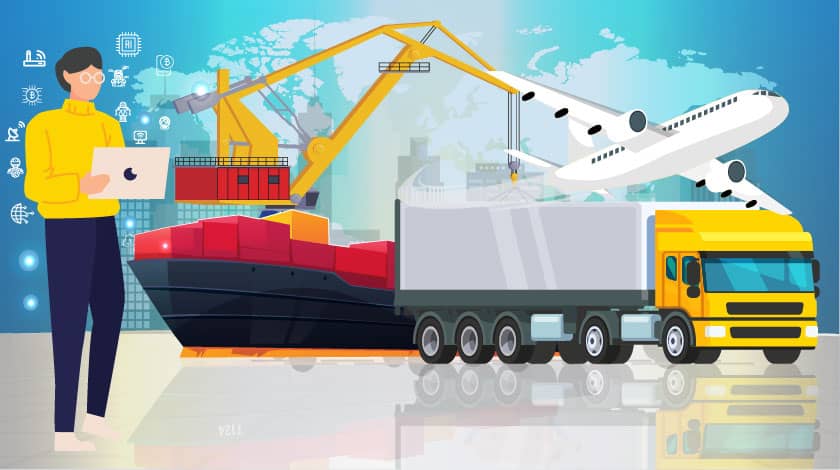The face of logistics has changed significantly over the last few years, and the industry has never been under such a microscope. Naturally, this means there’s significant pressure for logistics businesses to have efficient and safe processes in place. Achieving these goals can be facilitated with innovative technology, which we discuss below.
Transportation Management Software
Transport management solutions (TMS) like CocoonOPS enable operators to effectively plan and execute the transport of goods. In most cases, tools like this make up part of a larger operation that makes way for lower expenses, improved customer experiences, greater transparency, and speedier transportation times.
Autonomous Vehicles
The logistics industry is a driving force when it comes to the manufacturing of autonomous vehicles. The growing use of eCommerce has become so overwhelming that traditional logistic methods have become strained. If supply chain operators could get their hands on fully autonomous trucks, it would boost their efficiency and help to keep their team and other road users safe. There are already autonomous features making their way into trucks including lane swerve avoidance, cruise control, and collision prevention technology.
Internet of Things
The consumer market is moving at a faster rate than ever before, and manufacturers, retailers, and logistics companies alike are having a hard time keeping up. Fortunately, the boom in Internet of Things (IoT) technologies is allowing operators to stay ahead of the grain.
IoT devices collect tons of data that are passed between logistic operators and other cogs in the supply chain, and it’s helping to keep track of operations. Additionally, in warehouses, IoT sensors are working hard to let robots know if there are any stock deficits.
Blockchain Tech
Cryptocurrency is often seen front and center when it comes to blockchain technology use cases, but its power is so much more expansive than that. As a decentralized ledger technology, blockchain can accurately record details, boost transparency, and reduce instances of fraud.
When it comes to the supply chain industry, blockchain can be used to track goods along its route from manufacturer to retailer. This is done by scanning a barcode that’s attached to a smart contract system. Once a checkpoint is scanned, it can never be changed or deleted, which means there’s very little opportunity for counterfeit items making their way into the system.
Artificial Intelligence and Machine Learning
Artificial intelligence (AI) and machine learning (ML) have been taking the tech world by storm. In particular, AI/ML is helping to improve efficiency by lowering human error and speeding up certain areas of management like ordering. Additionally, when it comes to planning for demand, AI makes this process much faster.
Wearable Technology
Logistic operators are investing more money in technology than ever before, especially if it can save time and pull mountains of data. With this in mind, wearables are being used to scan objects and track productivity. With access to real-time metrics, managers can better understand when breaks are in order.
The logistics industry has to adopt the latest technology in an effort to keep up with consumer needs. Even though some of this technology is still being improved, it’s already making a positive impact.








